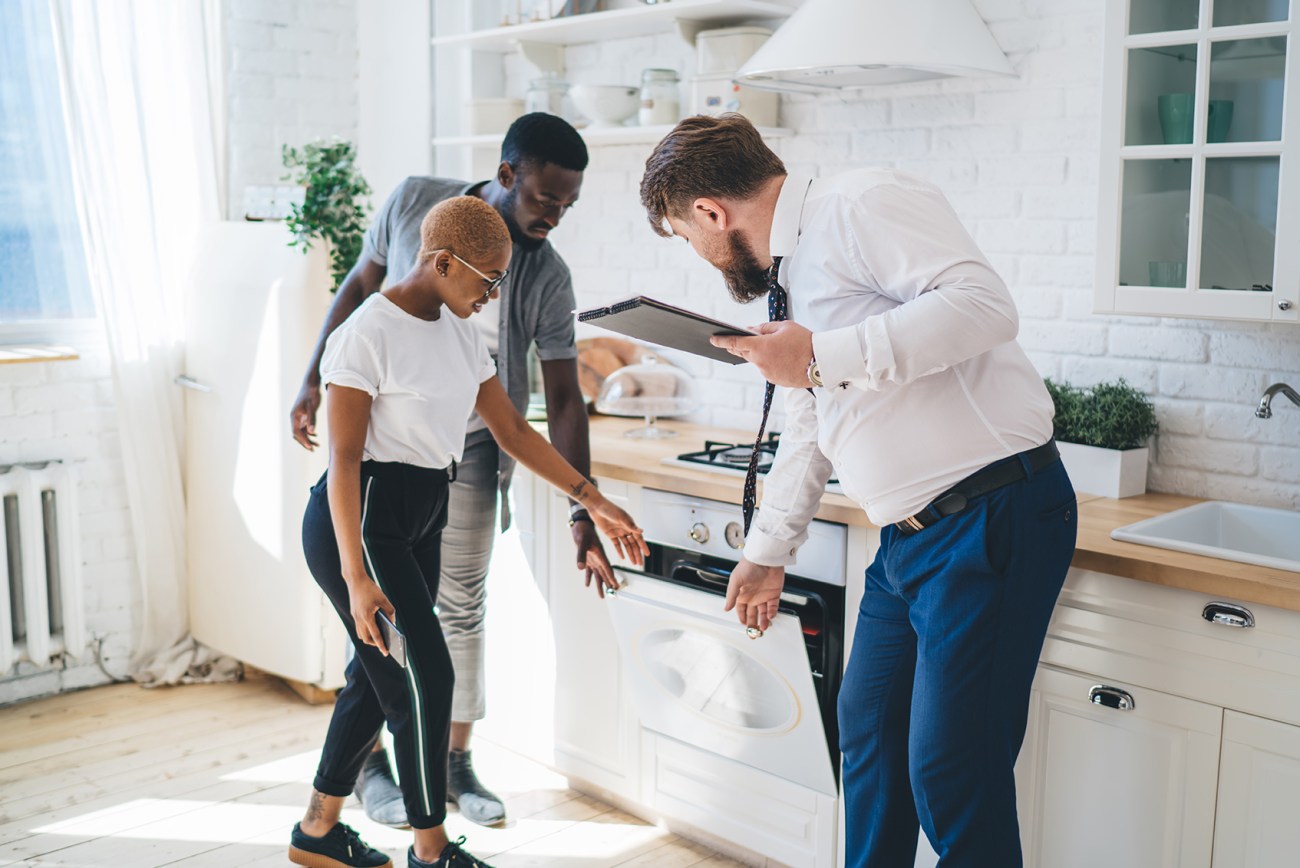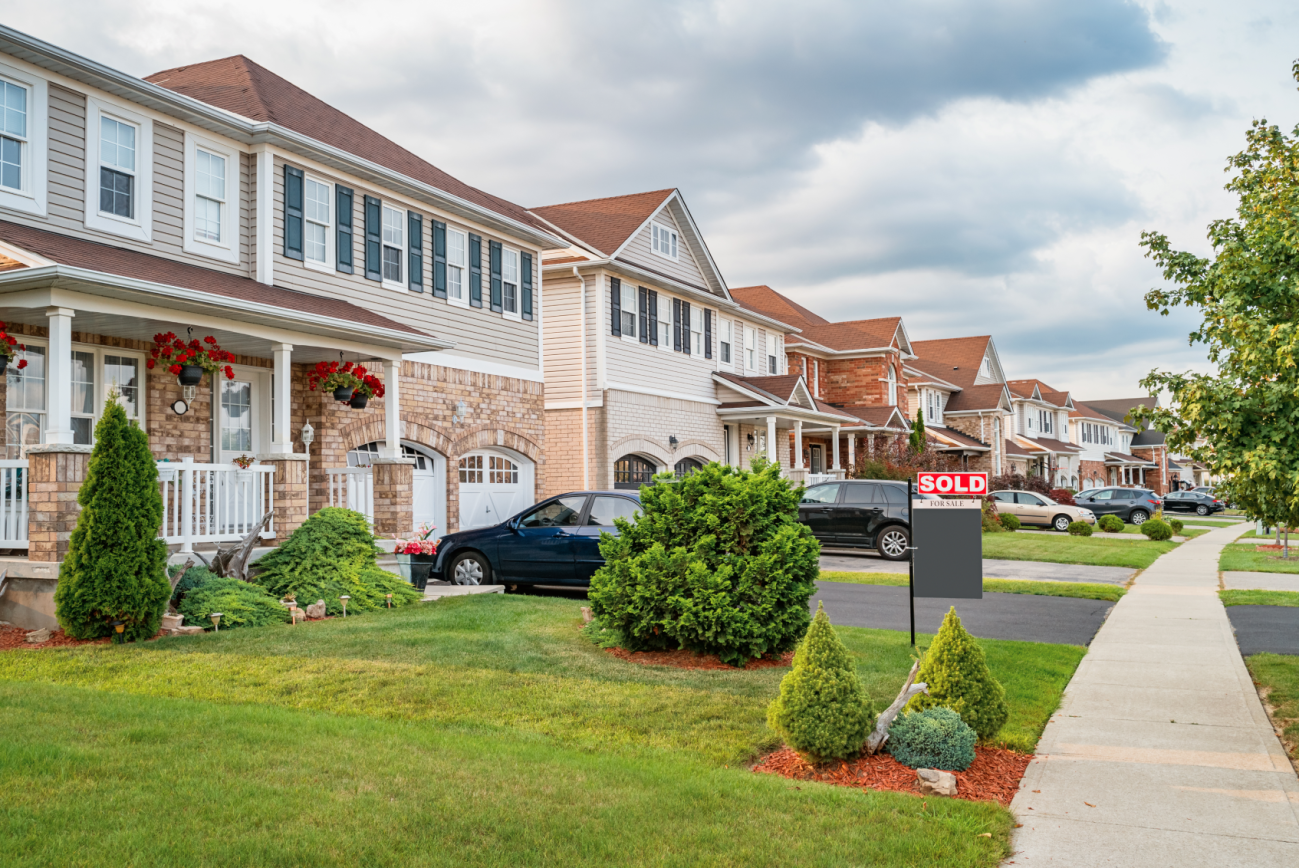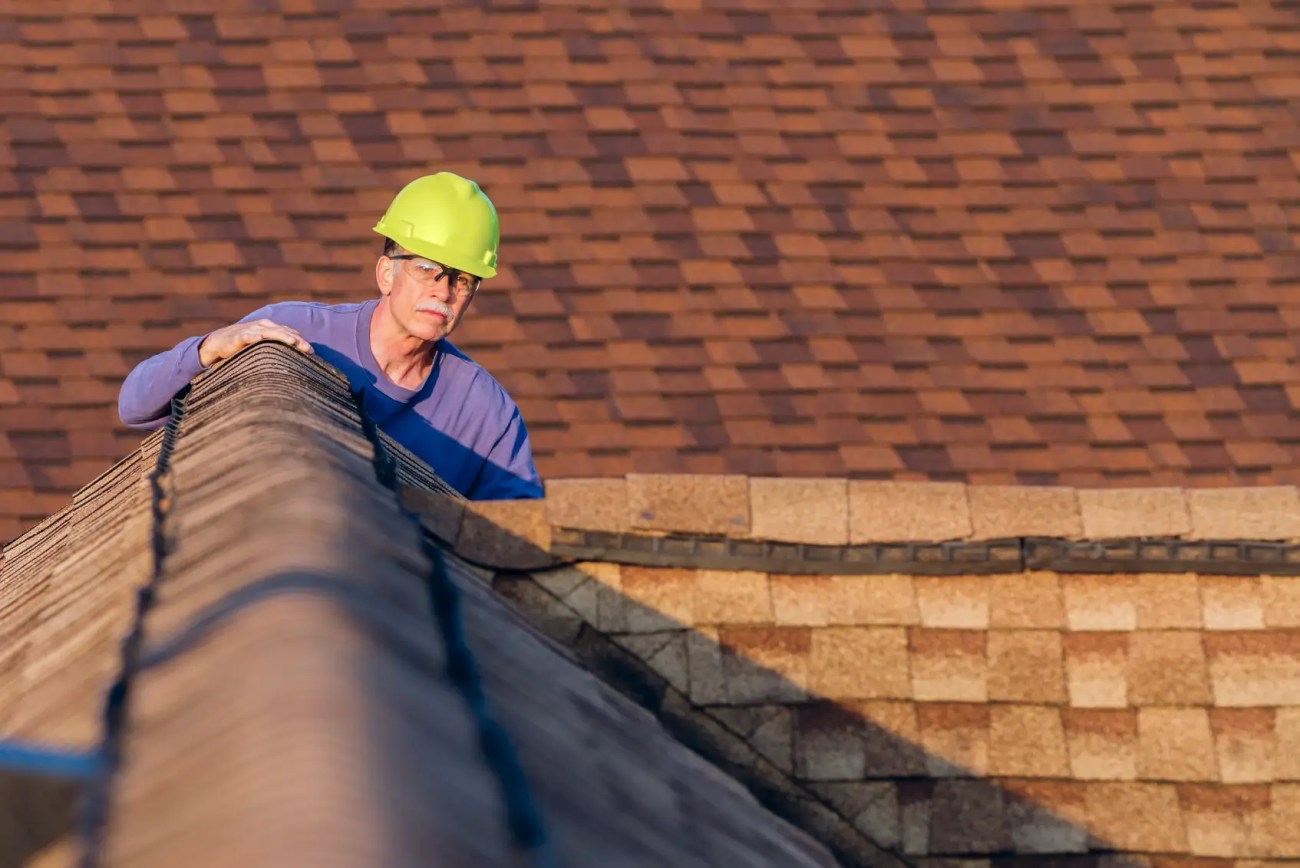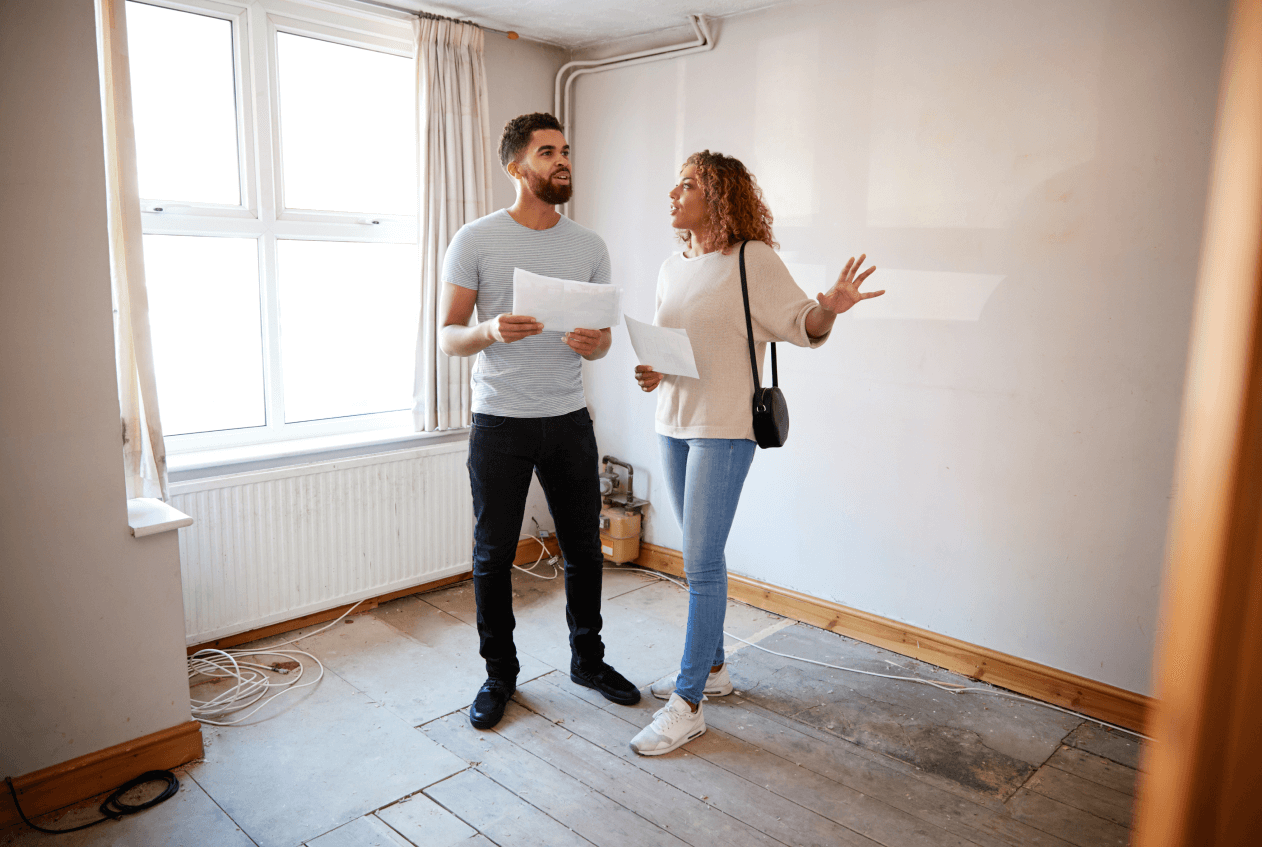Knowing how to make an open house effective can increase the number of offers, improve the kind of offer and engage buyers interested in your home. First impressions matter, and an open house is often your first opportunity to show a buyer their potential new home. A well-executed open house can also save time and money by engaging with multiple buyers in a small time frame.
What is an open house?
An open house is a key part of effectively selling your home. In real estate, an open house is an opportunity for potential buyers to come check out your home or property in person. Open houses are generally open to the public, so people can drop by without an appointment to view and explore the home. Renters or owners are typically absent from an open house. A real estate agent shows the home to potential buyers and is available in person for questions or inquiries about the home or the current owners. Homes are generally staged for an open house to make it easier for potential buyers to imagine themselves in a space. Staging for an open house means removing overly personal items and opting for more generic design schemes that will appeal to a broader group of people.
The pros of an open house
An open house helps you to reach more people, engage buyers and gives potential buyers a chance to build their own relationship with a home. Open houses can help escalate a sale and convince customers who are intrigued by what they’ve seen online. Building trust is key in appealing to a buyer; they’ll want to investigate the home in person, looking for red flags and noticing how a property makes them feel when they step inside.
Bigger numbers
Some research suggests that open houses result in a higher sale price, especially when the home is well staged. Even a beautiful photo can fail to effectively demonstrate the lovely way light streams into a living room, the size of the lawn or the way that a layout is welcoming or feels spacious. The key part of bringing in an offer is having a potential buyer envision their own life in the space for sale. An open house lets a buyer picture their life in the home, and when that emotional connection clicks, they’re more likely to make an appealing offer.
Natural discovery
Holding an open house on a weekend in a high-traffic neighbourhood lets people discover your home and stop by to see it for themselves. Even though many people will see your home online first, some may see a roadside sign while visiting friends in a neighbourhood they’d love to live in. This also opens your search to a demographic who already knows the area. For example, a mother-in-law visiting her grandkids for the weekend might want to check out a home near where her family already lives, or a local couple looking to move into a bigger place down the street will organically find an open house and build a connection to a space just by walking in.
Build rapport with prospective buyers
Open houses give a realtor or seller a chance for in-person conversation to build a personal connection between the selling agent and the buyer. This gives a realtor or seller a chance to respond to specific concerns, highlight special home features or employ certain sales tactics based on the buyer’s approach and temperament. They can also create a narrative based on the seller’s story; if the previous owners raised their children here in a happy home, that story might enhance the appeal for a young couple looking to have their own kids. Important features like a view or a walk-in closet can also be emphasized in person for added impact and appeal.
An open house helps you to reach more people, engage buyers and gives potential buyers a chance to build their own relationship with a home.
The cons of an open house
A fast-paced competitive real estate market might not support the need for an open house for your home, and you might prefer to stick to individual appointments or viewings for other reasons. Here are some potential drawbacks to hosting an open house:
The rise in online searches
Finding homes online means that most buyers already have a chance to explore, peek into your home and consider whether it’s right for them. Online searches also allow buyers to narrow down homes rapidly by details like the number of rooms, area code and keywords like “pool.” All the details and information about the home are now readily available online instead of only being accessible with an open house brochure. Because of this accessibility prior to visiting the home, many sellers prefer to schedule personal visits instead of adhering to a more open viewing time.
Casual guests or nosy neighbours
Not everyone who attends an open house is actually a potential buyer. Some people enjoy popping by for fun, imagining a time when they’ll be able to afford their own home. Leisurely Saturday strollers might take a look just because it’s interesting to see a home that isn’t yours. Neighbours who live nearby might peek in to compare their own home’s value or just look around. In some cases, this means an agent is making an effort for open house guests who aren’t actually interested or serious buyers.
Security concerns
While open houses are supervised to minimize the risk of theft, they also raise awareness of your home and any valuables in it. If you’re still living in the property, having strangers in your home may feel vulnerable. If you’ve moved out already, consider setting your alarm system or leaving lights on so people driving by can’t tell that the house is empty. Don’t leave valuables or obvious signs of valuables; for example, if you buy a nice TV when the home is staged, don’t have the empty boxes sitting out by the recycling bins.
Cost
An open house can cost money, including furniture to stage the home and extras like candles or snacks to incentivize visitors. You may also need to hire a cleaner after an open house if groups of people are tracking in mud or using the restrooms. Talk with your agent about whether an open house makes sense for you or whether scheduled viewing opportunities might make more sense.
Do open houses still work?
The way people find homes is constantly changing. In today’s real estate market, most people will find and research a new property online before they go to see it in person. A study by the National Association of Realtors revealed that only 6% of people found their future home by visiting an open house. More than half found their new home online. People under the age of 30 were even more likely to find their new home with an online search.
But this doesn’t mean an open house doesn’t matter, it just shifts the strategic purpose that it serves. Even if buyers are finding homes online, most people looking to make an offer want to attend an open house or a tour before they commit. They’ll rule out homes that don’t suit them using online tools, but they’ll likely want to see how a property they like feels in person. This means the open house might not be a first step like it used to be, but the experience of stepping into a home is still an important part of appealing to a potential buyer.
When should I hold an open house?
The best time for an open house depends on the market you’re in or the season you’re selling in, so this is a great discussion for you and your realtor. In general, realtors advise an open house on the first weekend your property hits the market. Spring and summer are the most popular times to buy a home in most provinces. Avoid holidays or times when people are especially stressed, busy or looking to go on vacation.
Work with Houseful to buy or sell your home
Houseful provides personalized guidance for your real estate journey. If you’re a first-time homebuyer or an experienced seller, our dedicated team of experts offers support from initial planning through to moving day. From financial insights and advice to support through selling, we’re here to help.
Start your home search today.




